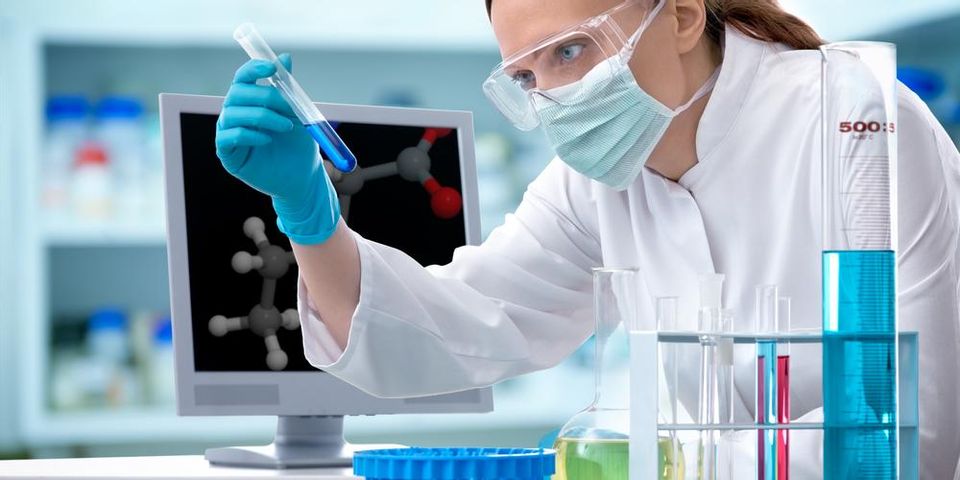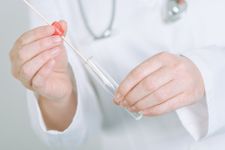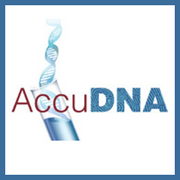4 Facts You Need to Know About Relationship DNA Testing
By AccuDNA

There are many reasons to prove biological relationships, and today’s technology can do so quickly and accurately. If you are interested in relationship testing, a DNA service will help you understand your options, but precursory knowledge goes a long way in understanding what DNA testing can tell you. In addition to contacting a testing center, consider the following facts about relationship DNA testing.
Do You Know These Relationship DNA Testing Facts?
1. Testing Can Prove Several Relationships
While paternity testing is the most well known type of relationship testing, there are various ways to prove relationships. Genetic technology can prove sibling and grandparent relationships as well. You can also order avuncular testing, which proves your relationship to an uncle or aunt. If you are looking to trace your biological family, you can expand much further than parental DNA.
 2. DNA Sampling Is Simple
2. DNA Sampling Is Simple
You might be intimidated at the concept of DNA extraction, but this appointment will be painless and straightforward. Your DNA is held in most of the cells in your body, but testing centers will generally swab the inside of your cheek to obtain it. This is a non-invasive way to obtain DNA from you and your potential family member.
3. Relationships Are Proved Through Comparison
DNA testing involves comparing the alleles of two individuals. While many people will have overlaps in their DNA, certain alleles hold more value. This value is rated with a “relationship index” number. Generally, the rarer the match, the stronger the relationship index is. These numbers are used to determine if the genes are matched enough to conclude a family relationship.
4. You Can Have Paternity Testing While Pregnant
According to the American Pregnancy Association, pregnant mothers can have a paternity test done for their child before it is born. There are several methods to confirm a paternal relationship. One of the most accurate options is a non-invasive prenatal paternity test. This takes the fetal DNA from the mother’s bloodstream for testing and is 99.9% accurate. Other more invasive treatments include amniocentesis and chorionic villus sampling, which are both performed by a doctor.
If you are interested in relationship DNA testing, contact the team at AccuDNA in St. Louis, MO. They have been serving clients since 2005, providing accurate testing for personal and legal reasons. Whether you require a paternity test for a child support case or simply want assistance proving family relationships, they will deliver your results as quickly as possible. To learn more about their services, visit them online. You can also schedule an appointment by calling (314) 845-9997.
About the Business
Have a question? Ask the experts!
Send your question

